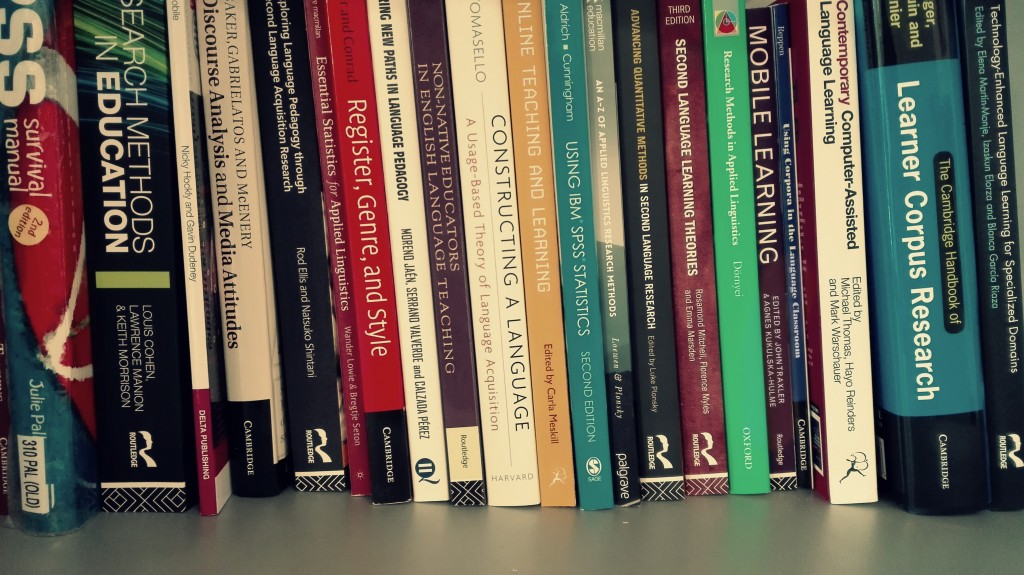
The deadline of the CfP for LCR 2017 has been extended to Tuesday, 31 January 2017
4th Learner Corpus Research Conference, Bolzano/Bozen, 5-7 October 2017
Call for Papers
Following the successful conferences in Louvain-la-Neuve (Belgium) in 2011, Bergen (Norway) in 2013 and Nijmegen (the Netherlands) in 2015, the 4th Learner Corpus Research Conference will be hosted by the Institute for Specialised Communication and Multilingualism at EURAC Research, Bolzano/Bozen, Italy. The conference, organized under the aegis of the Learner Corpus Association, aims to be a showcase for the latest developments in the field and will feature full paper presentations, work in progress reports, poster presentations, software demos and a book exhibition.
The theme of LCR 2017 is “Widening the Scope of Learner Corpus Research”.
Conference Venue: European Academy Bozen/Bolzano – EURAC Research
Confirmed keynote speakers:
- Philip Durrant (University of Exeter, United Kingdom)
- Stefan Th. Gries (University of California, Santa Barbara, U.S.A.)
- Stefania Spina (Università per Stranieri Perugia, Italy)
The keynote speakers will address the theme of LCR 2017 in their respective lectures on L1 writing development and Learner Corpus Research, quantitative methods in Learner Corpus Research, and Learner Corpus Research and Italian as L2. We welcome papers that address all aspects of Learner Corpus Research, in particular the following ones:
- Corpora as pedagogical resources
- Corpus-based transfer studies
- Data mining and other explorative approaches to learner corpora
- English as a Lingua Franca
- Error detection and correction of learner language
- Extracting language features from learner corpora
- Innovative annotations in learner corpora
- Language for academic/specific purposes
- Learner varieties
- Learner corpora for less commonly taught languages
- Learner Corpus Research and the Common European Framework of Reference for Languages (CEFR)
- Learner Corpus Research and Natural Language Processing
- Links between Learner Corpus Research and other research methodologies (e.g. experimental methods)
- Search engines for learner corpora
- Statistical methods in learner corpus studies
- Task and learner variables
There will be four different categories of presentation:
- Full paper (20 minutes + 10 minutes for discussion)
- Work in Progress (WiP) report (10 minutes + 5 minutes for discussion)
- Corpus/software demonstration
- Poster
The Work in Progress reports and posters are intended to present research still at a preliminary stage and on which researchers would like to get feedback.
The language of the conference is English.
Abstracts
Your abstract should be between 600 and 700 words (excluding a list of references). Abstracts should provide the following:
- clearly articulated research question(s) and its/their relevance;
- the most important details about research approach, data and methods;
- the main results and their interpretation.
Abstracts should be submitted through EasyChair (https://easychair.org/conferences/?conf=lcr2017) by Sunday 15 January 2017 by Tuesday 31 January 2017 (new deadline!). Please follow instructions provided on the conference website (http://lcr2017.eurac.edu).
Please note: The Learner Corpus Association will award the best paper and the best poster presentation given by a PhD student. Only LCA members can participate in the competition. Members interested in entering the competition must indicate so when submitting their abstracts.
Abstracts will be reviewed anonymously by the scientific committee. Notification of the outcome of the review process will be sent by 31 March 2017.
LCR2017 – Preconference workshop in honour of Professor Sylviane Granger
“LCR at the interfaces”, 4 October 2017, 15.00 to 18.00
This workshop, organized in honour of Sylviane Granger, will feature a series of invited speakers whose work has greatly contributed to the development of LCR.
Four key interfaces will be discussed during the workshop:
“The interfaces between LCR and contrastive analysis” (Hilde Hasselgård and Signe Oksefjell Ebeling)
“The interfaces between LCR and SLA” (Nina Vyatkina)
“The interfaces between LCR and lexicography” (tbc)
“The interfaces between LCR and NLP” (tbc)
Join us for this event which promises to be a landmark in the LCR history!
The LCR 2017 organising committee
Andrea Abel (EURAC Research)
María Belén Díez-Bedmar (Universidad de Jaén)
Daniela Gasser (EURAC Research)
Aivars Glaznieks (EURAC Research)
Verena Lyding (EURAC Research)
Lionel Nicolas (EURAC Research)
The LCR 2017 scientific committee
Andrea Abel (EURAC Research)
Katherine Ackerley (Università degil Studi di Padova)
Annelie Ädel (Dalarna University)
Nicolas Ballier (Université Paris Diderot – Paris 7)
María Belén Díez-Bedmar (Universidad de Jaén)
Marcus Callies (Universität Bremen)
Erik Castello (Università degil Studi di Padova)
Francesca Coccetta (Università Ca’Foscari Venezia)
Pieter de Haan (Radboud Universiteit Nijmegen)
Hilde Hasselgård (Universitet i Oslo)
Sandra Deshors (New Mexico State University)
Ana Diaz-Negrillo (Universidad de Granada)
Michael Flor (ETS)
John Flowerdew (City University of Hong Kong)
Lynne Flowerdew (independent researcher)
Fanny Forsberg Lundell (Stockholm University)
Gaëtanelle Gilquin (University of Louvain)
Sandra Götz (Justus Liebig Universität Gießen)
Solveig Granath (Karlstad University)
Sylviane Granger (Universtié catholique de Louvain)
Nicholas Groom (University of Birmingham)
Jirka Hana (Charles University Prague)
Shin’ichiro Ishikawa (Kobe University)
Jarmo Harri Jantunen (University of Jyväskylä)
Scott Jarvis (Ohio University)
Marie Källkvist (Lund University Sweden)
Agnieszka Lenko-Szymanska (University of Warsaw)
Cristóbal Jesús Lozano Pozo (Universidad de Granada)
Anke Lüdeling (Humboldt-Universität Berlin)
Carla Marello (Università degil Studi Torino)
Fanny Meunier (Universtié catholique de Louvain)
Detmar Meurers (Universität Tübingen)
Florence Myles (University of Essex)
Susan Nacey (Hedmark University College)
Lionel Nicolas (EURAC Research)
Michael O’Donnell (Universidad Autónoma de Madrid)
Signe Oksefjell Ebeling (Universitetet i Oslo)
Magali Paquot (Universtié catholique de Louvain/FNRS)
Pascual Pérez-Paredes (University of Cambridge)
Tom Rankin (Vienna University of Economics and Business)
Paul Rayson (UCREL, Lancaster University)
Ute Römer (University of Michigan)
Anna Siyanova-Chanturia (Victoria University of Wellington)
Jennifer Thewissen (Universiteit Antwerpen)
Yukio Tono (Tokyo University of Foreign Studies)
Nina Vyatkina (University of Kansas)
Heike Zinsmeister (Universität Hamburg)



